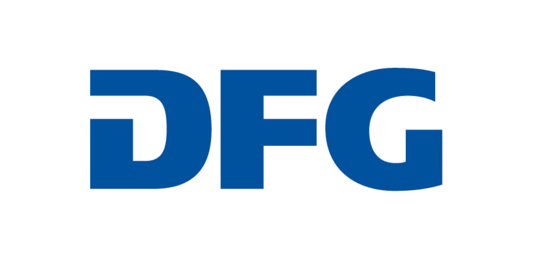Collaborative Research Centers (CRC) and Transregios (TRR)
Collaborative Research Centers (CRC) and their location-distributed variant Transregio (TRR) represent the most prestigious funding of the Deutsche Forschungsgemeinschaft (DFG, German Research Foundation) outside the Excellence Strategy. Collaborative Research Centers (CRC) are large, open-topic, and interdisciplinary research collaborations lasting up to 12 years, which allow participating researchers to engage in long-term research on innovative, basic research-oriented issues. A Collaborative Research Center is a distinction of the international level of research and functions as a structure-building element and research focus of the university. The two-stage application process takes about 2 years and requires a special degree of internal university coordination.
Requirements
The Collaborative Research Center or Transregio format places special demands on the interdisciplinary and cross-department research program, which is composed of individual, coherent subprojects, as well as on the spokesperson, who must be specially qualified and have the corresponding management competence. This form of collaborative funding is unique in its funding period of up to 12 years and its intended special significance for the formation of structures at the applicant university. It enables the processing of very complex and demanding research topics based on special preliminary work and own resources.

Specifics in the application for CRC/TRR
TU Dortmund University supports the application process for Collaborative Research Centers and Transregios. TU Dortmund University has developed application processes to provide its researchers with the best possible support.





